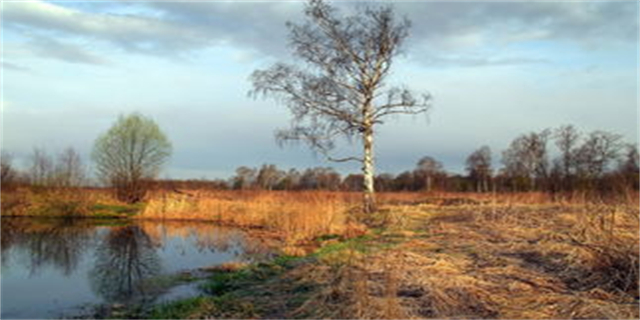
The Solutions to Tackle the Haze
Introduction
Haze, also known as smog, has become a severe environmental issue for many countries in recent years. The haze, mostly caused by human activities like industrial emissions and burning of fossil fuels, poses serious health risks and harms the environment. As the world is struggling to combat this problem, we need to explore effective methods to curb the haze.
Solutions
1. Regulation and Enforcement
The government should impose strict rules and regulations to limit industrial emissions and monitor the quality of air. There should be penalties for polluting industries and individuals who violate the regulations. The enforcement of these laws should be enhanced, and adequate resources should be devoted to monitor the implementation of laws.
2. Use of Alternative Sources of Energy
The burning of fossil fuels generates huge amounts of pollutants that contribute to the haze. Therefore, we need to reduce the dependence on non-renewable energy sources and switch to renewable energy sources like solar, wind, and hydroelectric power. This can be achieved by promoting the use of electric vehicles, encouraging the installation of solar panels, and providing subsidies for renewable energy startups.
3. Public Awareness
The public needs to be aware of the health risks associated with haze and the impact it has on the environment. Governments, NGOs, and the media should educate citizens about the causes and effects of haze and encourage them to participate in environmental protection activities. People can also play their part by reducing their energy consumption, using public transportation, and supporting eco-friendly products.
Conclusion
Haze is a pressing environmental issue that demands immediate attention. The implementation of strict laws for industrial emissions, the use of alternative sources of energy, and public awareness can help to tackle this problem. However, it is up to us, as individuals and as a society, to take actions to protect our environment and safeguard the health of our future generations.
















